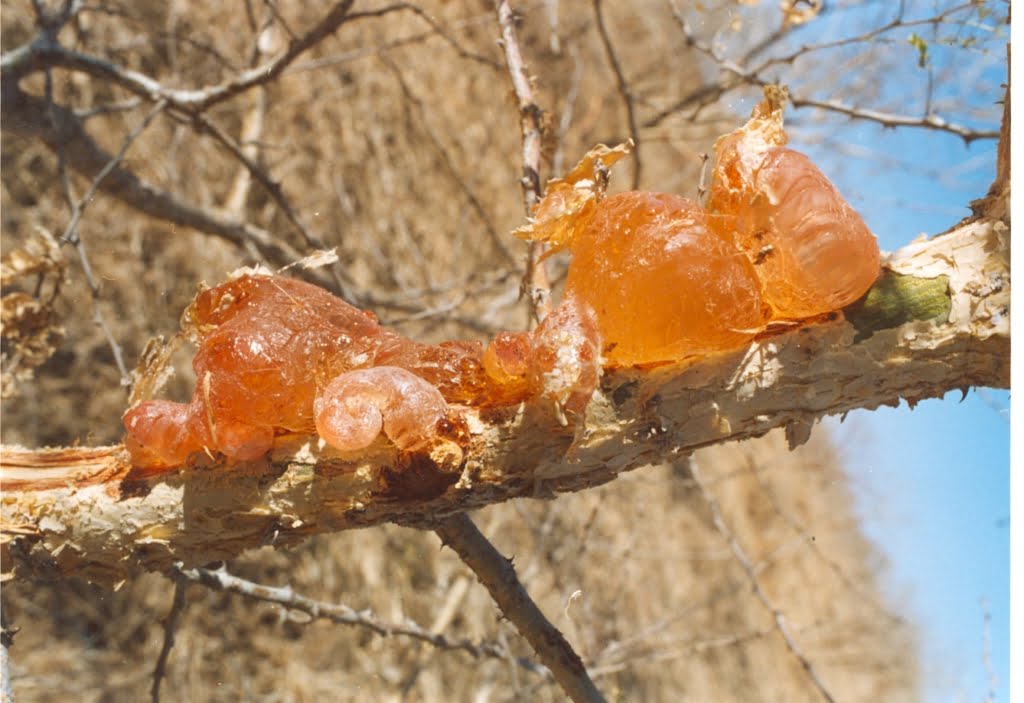In today’s world, where sustainable practices and natural ingredients are gaining significant attention, it’s essential to educate the younger generation about the wonders of natural resources like Arabic gum. Not only does this sticky substance offer various health benefits, but it also has a rich cultural and economic significance. At Ajigofarms, we believe that empowering children with knowledge about Arabic gum can help foster appreciation for agro commodities and promote sustainability.
Understanding Arabic Gum
Arabic gum, also known as gum acacia, is a natural gum made from the sap of the acacia tree. It has been used for centuries in traditional medicine, cooking, and various industries. Its unique properties make it a versatile ingredient in food, cosmetics, and even pharmaceuticals. Teaching children about Arabic gum can spark their interest in natural products and the importance of preserving our environment.
Engaging Educational Programs
- School Workshops
Collaborating with local schools to organize workshops can be an effective way to introduce students to Arabic gum. These workshops can include fun, interactive activities such as:- Crafting with Gum: Children can use Arabic gum to create art projects, helping them learn about its adhesive properties.
- Cooking Classes: Involving kids in simple recipes that incorporate Arabic gum can demonstrate its culinary uses and nutritional benefits.
- Field Trips to Agro Farms
Organizing field trips to farms where Arabic gum is harvested allows students to witness the entire process. This hands-on experience can deepen their understanding of agro commodities and their significance in global trade. - Digital Learning Resources
Creating engaging online content—such as videos, quizzes, and articles—can make learning about Arabic gum accessible to a broader audience. Incorporating multimedia can help capture children’s attention and make the learning process enjoyable. - Community Events
Hosting community events that focus on Arabic gum can bring families together. Activities might include:- Tasting Sessions: Allow families to sample dishes made with Arabic gum, showcasing its culinary versatility.
- Educational Talks: Invite experts to discuss the benefits of Arabic gum and its role in sustainable practices.

Promoting Sustainability
Educating children about Arabic gum is not just about understanding a product; it’s also about promoting sustainability. Here are some ways to connect the dots:
- Environmental Conservation: Teach students about the importance of preserving acacia trees and sustainable harvesting practices. Discuss how these practices contribute to biodiversity and combat climate change.
- Support for Local Economies: Emphasize the economic importance of Arabic gum production in many communities. By supporting these initiatives, students can learn how their choices can positively impact local economies.
Conclusion
At Ajigofarms, we are committed to nurturing a love for agro commodities, and Arabic gum is an excellent starting point. By implementing educational initiatives that engage the next generation, we can cultivate a future that values sustainability, health, and cultural heritage. Together, we can inspire kids to become informed consumers and advocates for a healthier planet.
Let’s make learning about Arabic gum a fun and rewarding experience for our children—because they are the stewards of tomorrow’s world!




